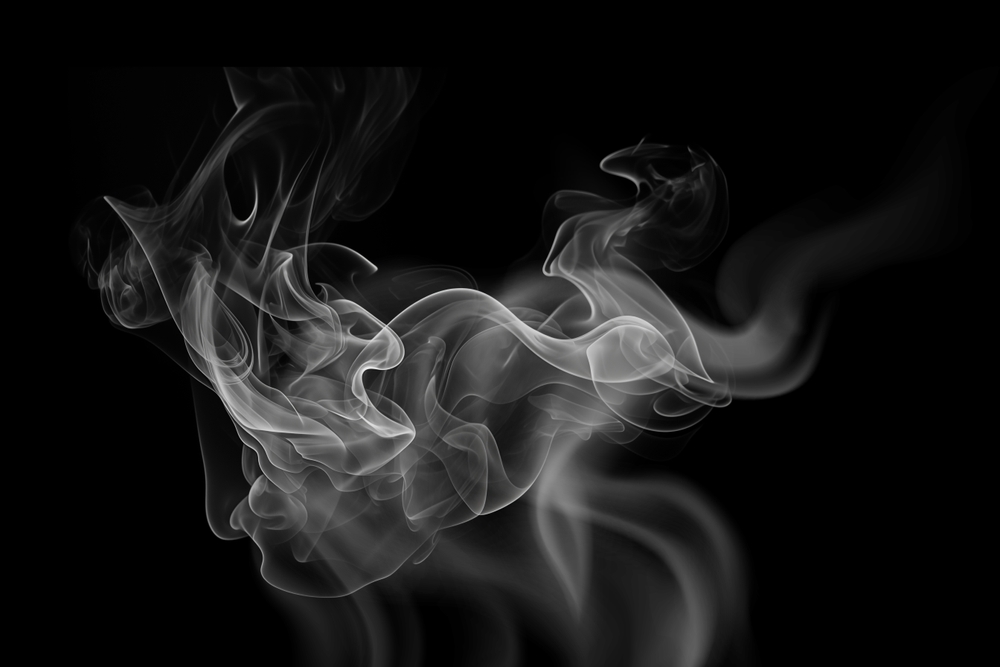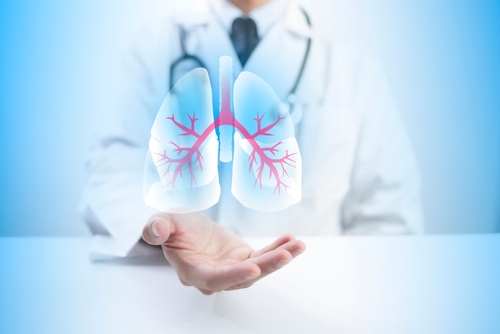Researchers of a single-arm phase 1 study presented at the American Society for Radiation Oncology 67th Annual Meeting tested pulsed low-dose–rate chemoradiation (0.2 Gy pulses every 3 minutes) with weekly carboplatin/paclitaxel for esophageal cancer and non-small cell lung cancer (NSCLC) in the first-line, curative setting. Esophageal tumors received 50.4 Gy and NSCLC 60 Gy in 1.8 to 2 Gy fractions. The primary endpoint was severe esophagitis—defined by increased narcotic use or diet downgrades within 1 week of treatment through 4 weeks post-treatment—with quality of life assessed by QLQ-C30.
Among 39 patients, severe esophagitis occurred in 26% overall (20% in the esophageal subset), numerically lower than historical chemoradiation rates (~38%; P=0.075), while efficacy was maintained: in esophageal cancer, 6 pathologic complete responses and 7 near-complete responses were observed; NSCLC surgical specimens (n=4) showed 2 node-negative and 2 node-positive cases. Median progression-free and overall survival were each 45 months, and quality of life was generally stable aside from small post-surgical dips. Because of poor accrual in NSCLC, the study was amended to allow flexible proportions and later closed to NSCLC, underscoring the need for broader evaluation. As a single-arm phase 1 trial, these results are hypothesis-generating and warrant confirmation in randomized studies.
Reference: The ASCO Post Staff. Pulsed Low-Dose–Rate Chemoradiation Reduces Severe Esophagitis in Esophageal Cancer and NSCLC. The ASCO Post. Published October 8, 2025. Accessed October 27, 2025. https://ascopost.com/news/october-2025/pulsed-low-dose-rate-chemoradiation-reduces-severe-esophagitis-in-esophageal-cancer-and-nsclc/







